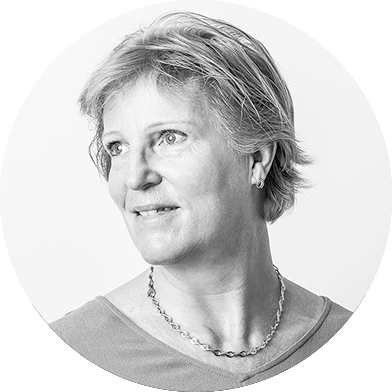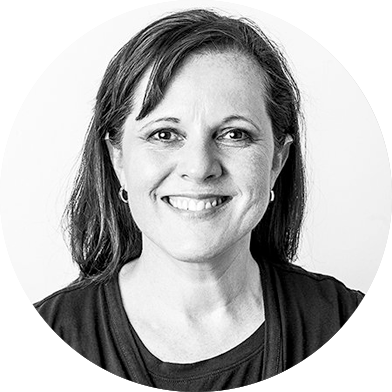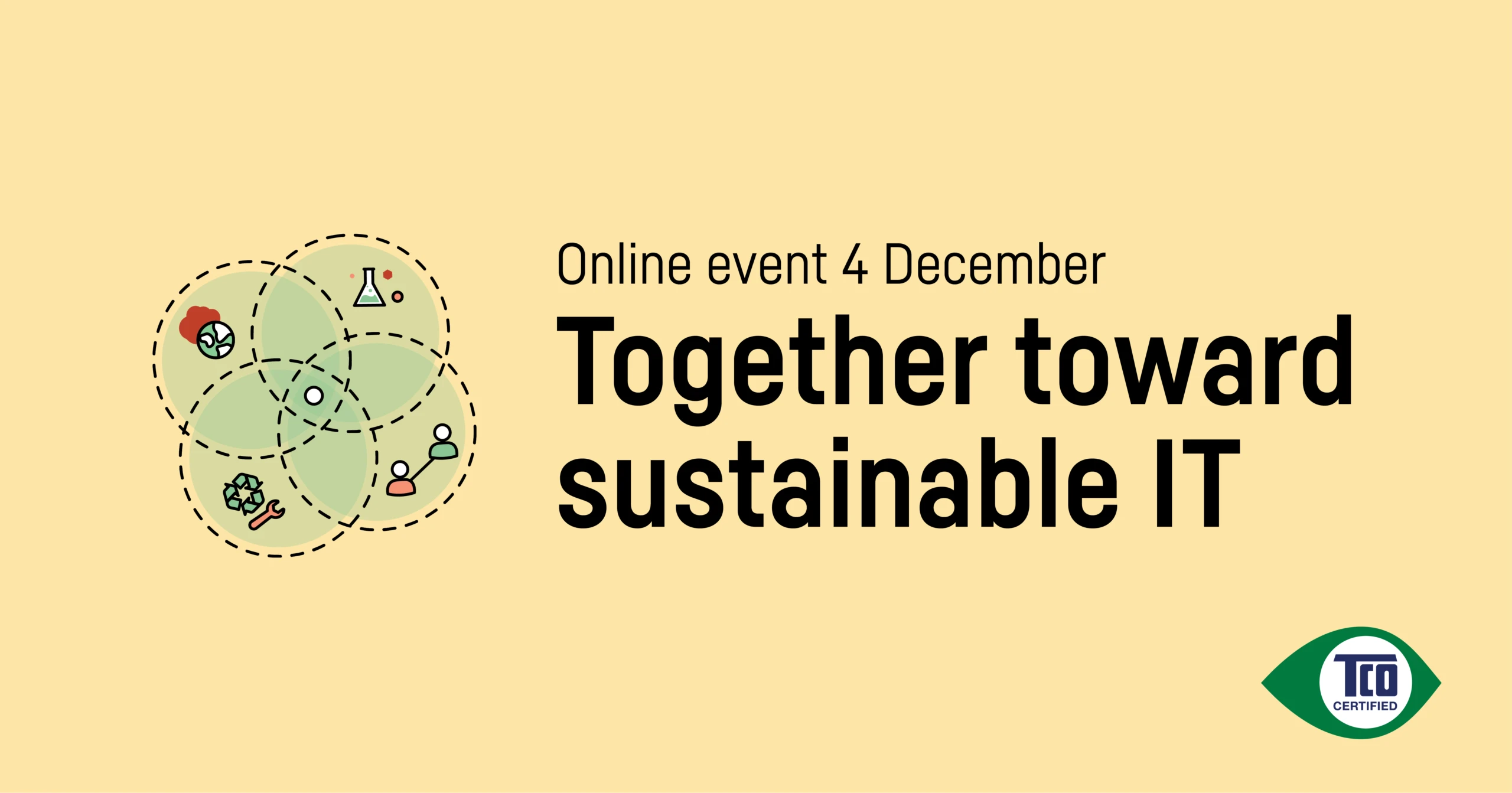Our purchaser engagement team supports public and private organizations all over the world with advice on sustainable procurement. We asked them what’s on the agenda right now and what positive trends they can spot.
Clare Hobby, what can you see from a global perspective?
“Three things come to mind. Firstly, we’re seeing a much deeper understanding of sustainability as simply good business. Environmental and social factors are no longer just a special interest of a few engaged people in the organization, but are becoming a more integrated aspect of organizational strategy. What’s great about this is that when senior management gets behind sustainability, it becomes a more prioritized part of all operations. That’s when we see measurable improvement on some of the bigger challenges.
“Secondly, from the IT perspective, there’s clearly a growing awareness of supply chain and social responsibility issues among purchasing organizations, as they figure out ways to include those factors in procurement. While “green” issues like energy and product take-back have been on the table for a while, it’s good to see a more holistic approach evolving. This is where TCO Certified really adds value as we offer a really solid set of up to date, leadership criteria on both the environmental and social/supply chain sides, of course independently verified.
“And finally, we have to mention the circular economy. The circular economy is really driving some of the most interesting conversations and innovative thinking in how to manage product life cycles. And when you think about it, procurement really plays a central role here. Purchasers are asking some really fundamental questions like, “how can I use these products longer” and “do we want a product or a service”? So the circular economy conversation is really changing things up in a big way. I’m often asked where to start — and the best way is to use your products longer. We’ll be doing some more around this moving forward, so stay tuned!”

Sustainability more often part of corporate strategy in Asia
Nick Liu, Asia
“More countries are starting to leverage the buying power to drive changes toward a greener market and environment by putting environmental factors in the public procurement. Products with ecolabels are increasingly requested by public procurers.
“On the corporate side, sustainability is not just widely discussed but has more and more often been developed independently or even incorporated into the corporate strategy.
“Asia is the biggest hub for IT manufacturers. Their actions and changes are largely reflected by big brand owners’ sustainability strategies, which are sometimes driven by tender requirements from other regions, such as Europe and North America.”

Strengthened European cooperation in France, Belgium and the Netherlands
Barton Finn, Benelux, France
“I see more and more public organizations and governments joining forces into different ‘big buyers’ initiatives. Their aim is to create sufficient ‘buying power’ as leverage to encourage suppliers to develop more sustainable practices. Those initiatives are an effective way to drive changes from the industry but the challenge is always to align the different levels of ambition. From that perspective, TCO Certified can provide the platform for organizations to agree and implement common sustainability requirements.”
For more details, read Barton’s blog post about the EU circular economy action plan.

Growing interest for ecolabels in Southern and Eastern Europe
Dmytro Kapotia, Eastern Europe
“Circularity is increasingly on the agenda and the interest for more sustainable IT products is definitely growing. Many organizations find sustainability certifications and ecolabels helpful in distinguishing more sustainable products from others. Sometimes people find it difficult to know the difference between the available certification and labelling schemes. My general advice is to make sure that independent verification of compliance is included — otherwise the criteria are toothless. It also saves the purchasing organization a lot of time and resources if independent experts carry out tests, audits and assessments.”

Organizations need to live as they learn in the Nordics
Annika Overödder, Nordic countries
“Organizations increasingly make sustainability claims and — more importantly — realize that they must live up to these claims in order to be trustworthy. They need to make long-term sustainability commitments both for the core business and for internal operations. To back up their sustainability story, they need to communicate effects and improvements. With its structured approach to sustainability, independent verification of compliance and measurable sustainability effects, TCO Certified can help these organizations on their sustainability journeys.”

Increased pressure from stakeholders in North America
Clare Hobby, North and South America
“North American business is really starting to see increased pressure from stakeholders to do more on sustainability. Customers, employees and particularly the investment community are looking closely to see what strategic commitments an organization is making on ESG and implementing those principles throughout the organization, including in procurement.
“The good thing about procurement is that it’s concrete — and it’s something where an organization can take more immediate action, while at the same time working on longer-term, corporate level commitments around footprint, supply chain and social impact.
“From the perspective of ecolabels and certifications, independent verification is critical for North American purchasers. In the new era of hyper-transparency, trust and authenticity are key when using any tool connected to sustainable performance.”
If IT is an important procurement category for your organization, TCO Certified can support you in adapting for those changes. Do you want to learn more about what the certification covers and how you can use it in a contract? Our dedicated purchaser support team is here and happy to help. Our support is free of charge and focused on helping you reduce risk and take the next step in environmental and social responsibility.
Find contact details for all members of our purchaser engagement team here.




